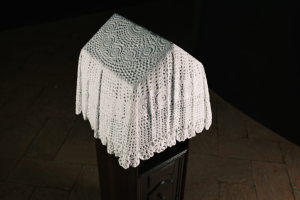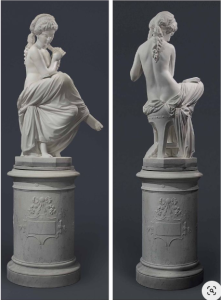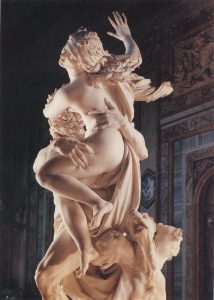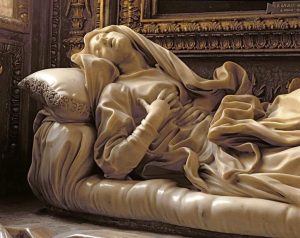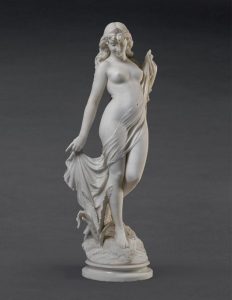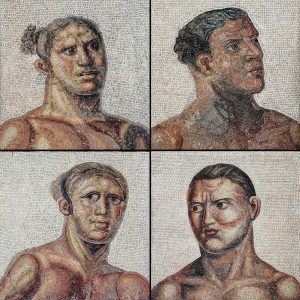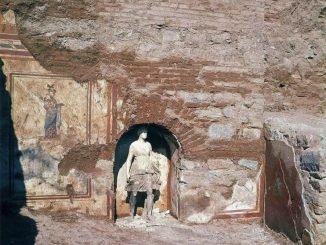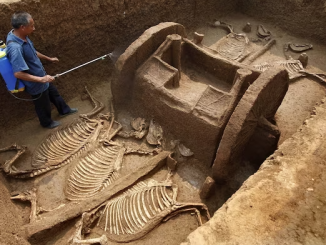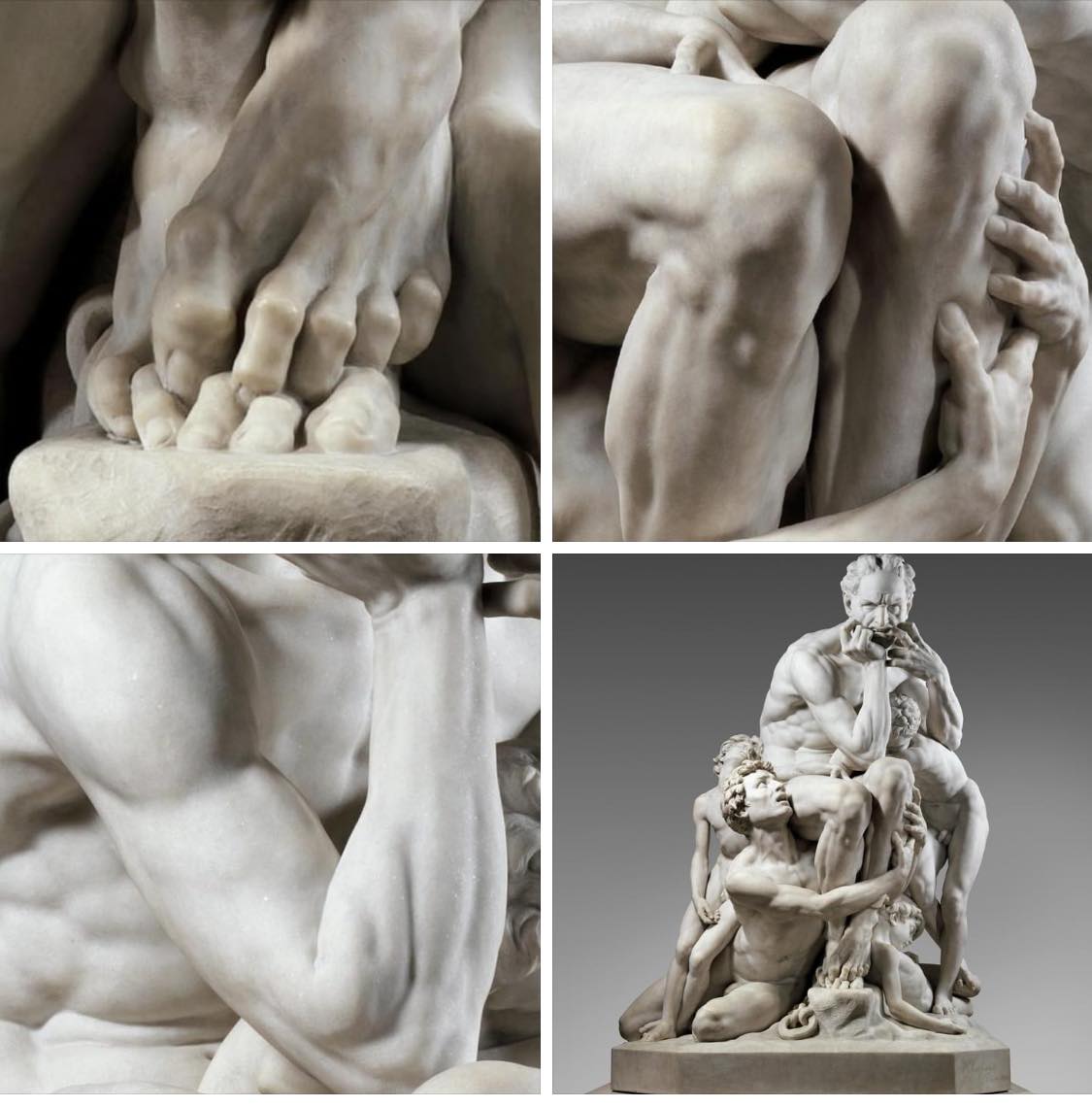
The sculpture “Ugolino and His Sons,” created by the renowned artist Jean-Baptiste Carpeaux between 1865 and 1867, stands as a testament to the power of artistic expression and the ability of sculpture to evoke emotion and tell a compelling story. With stunning attention to detail and masterful craftsmanship, Carpeaux brings to life the tragic tale of Ugolino della Gherardesca, a prominent figure in Italian literature, as he faces the harrowing plight of starvation alongside his sons. In this article, we explore the rich symbolism and captivating narrative woven into Carpeaux’s masterpiece.
The Story Behind the Sculpture
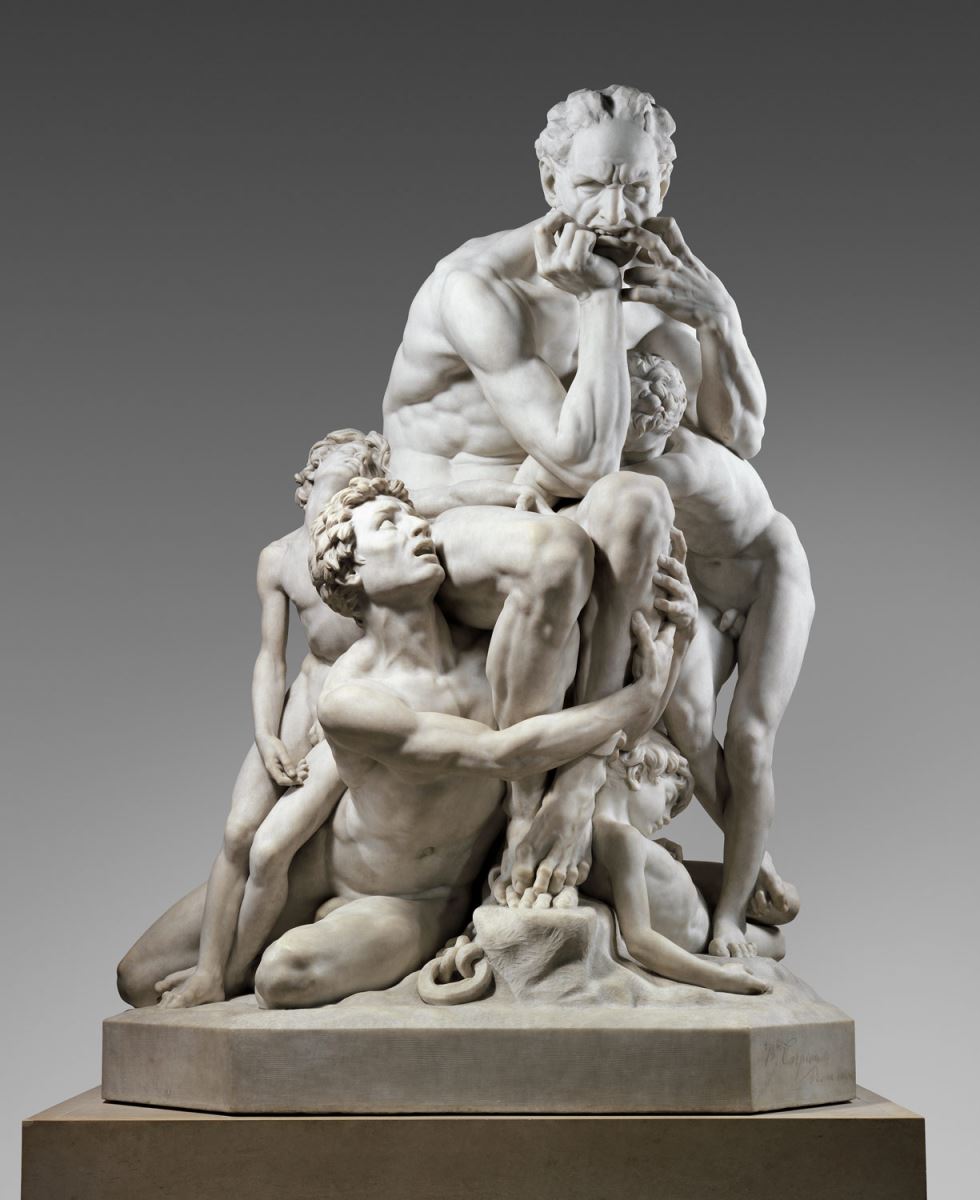
The sculpture “Ugolino and His Sons” depicts a scene from Dante Alighieri’s “Divine Comedy,” specifically from the ninth circle of Hell where Ugolino is condemned to eternal damnation for his betrayal. Carpeaux skillfully captures the anguish and despair of Ugolino and his sons as they huddle together in their final moments, bound by chains and consumed by hunger. The intricate details of the sculpture, from the haunting expressions on the faces of the figures to the subtle nuances of their body language, serve to immerse the viewer in the tragic narrative of the condemned souls.
The Artistry of Jean-Baptiste Carpeaux
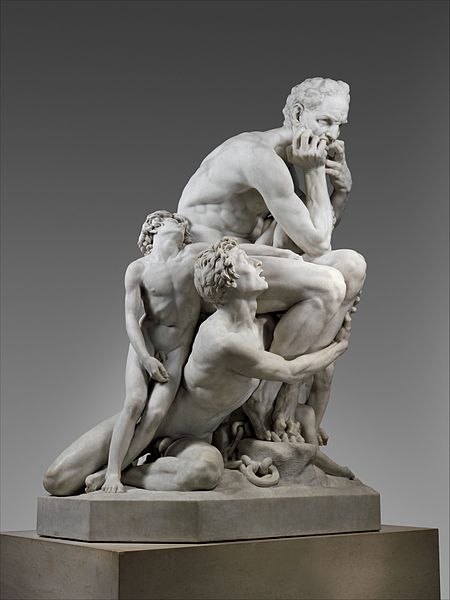
Jean-Baptiste Carpeaux was a master sculptor of the 19th century known for his dynamic and expressive style. In “Ugolino and His Sons,” Carpeaux demonstrates his unparalleled skill in capturing the human form with breathtaking realism and emotional depth. The lifelike quality of the sculpture, coupled with its dramatic composition and meticulous attention to detail, showcases Carpeaux’s genius as an artist and his ability to evoke a powerful emotional response from the viewer.
Exploring Symbolism and Interpretation
The sculpture “Ugolino and His Sons” is rich in symbolism and open to interpretation, inviting viewers to contemplate themes of suffering, betrayal, and the human condition. Some interpret the sculpture as a commentary on the consequences of greed and political ambition, while others see it as a poignant depiction of the universal experience of familial love and sacrifice. Regardless of interpretation, “Ugolino and His Sons” continues to captivate audiences with its haunting beauty and timeless relevance.
Conclusion: A Timeless Masterpiece
In conclusion, “Ugolino and His Sons” by Jean-Baptiste Carpeaux stands as a timeless masterpiece that continues to resonate with audiences more than a century after its creation. Through his unparalleled artistry and profound storytelling, Carpeaux immortalizes the tragic tale of Ugolino and his sons, inviting viewers to contemplate the complexities of the human experience. As we marvel at the stunning detail and emotional depth of the sculpture, we are reminded of the enduring power of art to inspire, provoke thought, and evoke empathy across generations.
